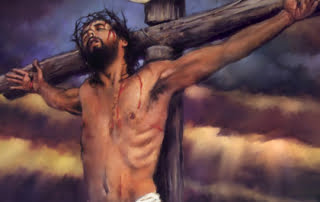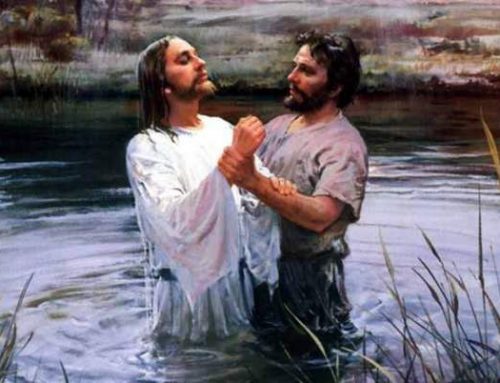Literally, the term Passover refers to the angel of death passing over a family and not taking the life of any first-born man or livestock. Exodus 12:27, “that you shall say, It is the Passover sacrifice of the LORD, who passed over the houses of the children of Israel in Egypt when He struck the Egyptians and delivered our households.…And it came to pass, that at midnight the LORD smote all the firstborn in the land of Egypt, from the firstborn of Pharaoh that sat on his throne unto the firstborn of the captive that was in the dungeon; and all the firstborn of livestock.”
During the week before the Passover, Israel was to select a lamb without blemish. That lamb represented Jesus (1 Corinthians 5:7). This type was fulfilled during the week prior to the crucifixion when Israel literally selected Jesus as their king. John 12:13, then the Jews “took branches of palm trees, and went forth to meet him (Jesus), and cried, Hosanna: Blessed is the King of Israel that cometh in the name of the Lord.”
On the 14th day of the month, Israel killed and ate the lamb. They were to eat it with bitter herbs while standing with staff in preparation for leaving Egypt. In the antitype, Jesus was crucified on the 14th day. “Christ, our Passover lamb, was sacrificed for us” 1 Corinthians 5:7. Eating the lamb represents appropriating Jesus’ merit. The herbs pictured our bitter experiences as we journey through this sin-sick world.
On the 14th, the Israelites also smeared the blood of the Lamb on the doorposts and lintels of their houses (in a sweeping motion like a cross), so that their first-born would be “passed over” in the slaughter. Exodus 12:22, “take a bunch of hyssop, dip it in the blood that is in the basin and strike the lintel and the two doorposts with the blood that is in the basin.” Symbolically, we, Christians, are the first-born of God. Hebrews 12:23, “…church of the firstborn who are registered in heaven…”
Israel was told to keep this feast as a memorial; whereas, Jesus, the real Lamb of God, instructed: “…as often as you do this, do it in remembrance of me…” 1 Corinthians 11:23-25.
The Passover was followed by a seven-day feast of unleavened bread. One possible interpretation could be that this represented the seven historical stages of the true church (Jesus’ faithful followers) throughout the age of the gospel message going forth. There were special feast celebrations on the first and last of those days. Similarly, God provided an abundance of truth at the beginning and end of the gospel age as shown by the early and latter rains of James 5:7.
Christian Questions Podcast
Episode #1224: “Why Should Christians Care About Israel’s Deliverance From Slavery?”
Absorbing the profound lessons Israel’s Passover teaches about Jesus
Preview Video
CQ Rewind Show Notes













